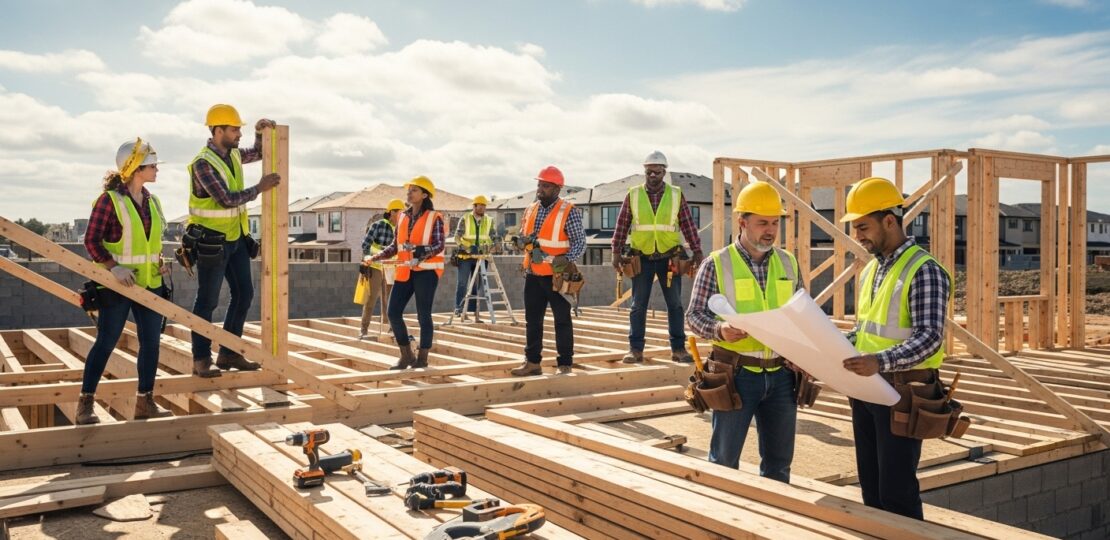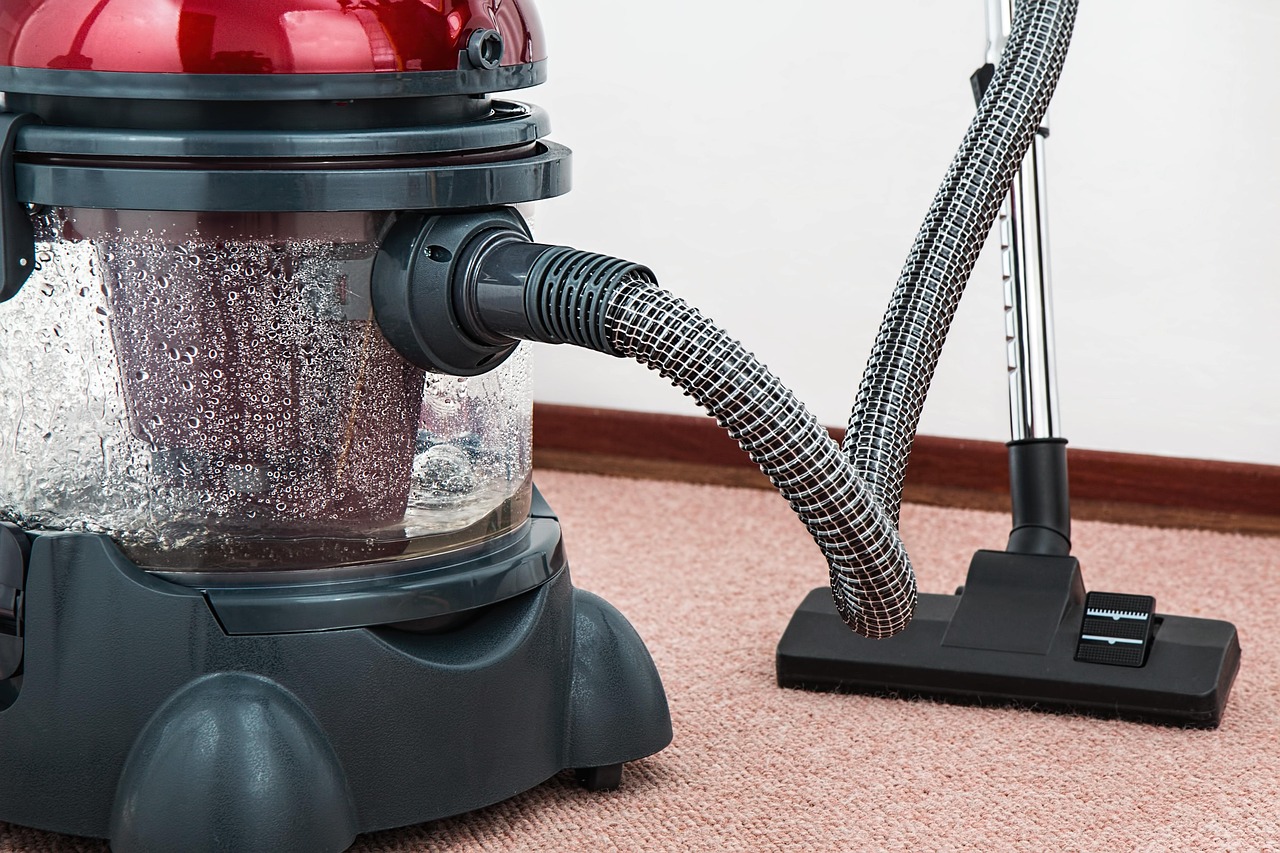Build Your Home With Faith Through Legacy Home Solutions
October 29, 2025 | by IoT Development Company

A home is more than just a place to live. It is where your family grows, where memories are made, and where your legacy lives on. Building a home can feel exciting, but also a bit overwhelming. From choosing the right builder to picking materials, every choice matters. The key to a home that lasts is planning well and making smart decisions.
When you build carefully, your home is not just comfortable today. It also stays strong and valuable for years. Every room, every corner, and every choice you make affects how you and your family enjoy your home.
Know What You Want
Before starting, think about what kind of home you want. Is it big or small? Simple or fancy? Do you want a home that is energy-efficient or one that feels classic and timeless? Write down your priorities. This helps you make decisions faster and keeps your ideas clear. When you know what you want, it is easier to explain it to your builder.
It helps to make a vision board or draw simple sketches of your home. This shows you the layout and helps you imagine living there. You might notice things you want to change before building starts.
Als,o think about your lifestyle. Do you like hosting family gatherings, or do you prefer quiet, private spaces? These decisions shape the layout and size of rooms. Knowing your lifestyle helps you create a home that fits your life, not just looks good on paper.
Pick the Right Team
A good team makes a big difference. Experienced builders, architects, and designers guide you through the building process. They help with permits, plans, and materials. For trusted guidance, Legacy Home Solutions is a great resource. Working with experts helps your home be safe, strong, and built the right way.
Check reviews, ask for portfolios, and visit other homes built by the team. Seeing their work in person gives confidence that your home will turn out well. Don’t be afraid to ask questions. A good builder explains each step and listens to your concerns. This teamwork prevents mistakes and confirms that your vision is followed closely.
Make a Smart Budget
Budgeting is important. Start by setting a total budget, then split it into parts: construction, materials, landscaping, and furniture. Always add extra money for surprises. Smart budgeting does not mean choosing cheap materials. It means thinking long-term. Good windows, strong roofs, and durable floors may cost more upfront, but they save money over time.
Also, think about future costs. Energy-efficient systems, low-maintenance landscaping, and strong finishes reduce costs for years. Planning this way keeps your home affordable to maintain. Consider financing options carefully. Loans, savings, or phased construction can help manage expenses without stress. Planning for funding ahead of time prevents delays and compromises on quality.
Choose Lasting Materials
The materials you choose affect how your home looks and how long it lasts. Pick materials that are strong and easy to maintain. Think about your climate. If it rains a lot, choose materials that resist water and wind. Hardwood floors, stone counters, and sturdy siding are smart choices.
Sustainable materials are also good. Bamboo, recycled wood, or eco-friendly finishes protect the environment and add a unique touch to your home. A mix of beauty, strength, and sustainability makes a home special.
Even small choices matter. The right paint, flooring, and roofing make your home more durable and easier to clean. Over time, these choices save effort, money, and frustration.
Design for Comfort
A home should be comfortable. Plan spaces so they flow well. Open layouts work for families who like to spend time together. Separate areas give privacy when needed. Lighting and airflow are key. Big windows bring in light and fresh air. Good heating and cooling systems keep everyone comfortable.
Think about storage, too. Built-in cabinets, closets, and pantries keep things organized. A well-designed home is easy to live in every day.
Noise and privacy matter as well. Soundproofing rooms, placing bedrooms away from busy areas, and thoughtful floor plans improve daily comfort. A home that feels peaceful and organized makes life better for everyone.
Think About the Future
Your home should grow with your family. Can rooms be used in different ways as your kids grow? Can spaces be added later if needed? Als,o plan for energy efficiency. Solar panels, LED lights, and strong insulation save money and protect the environment.
Maintenance matters too. Easy-to-clean surfaces and durable floors make it simple to care for your home. Thinking ahead keeps your home valuable and enjoyable for years.
Accessibility is another factor. Wider doorways, step-free entrances, and adaptable bathrooms make a home safe and comfortable as your family ages. Planning for accessibility adds convenience and peace of mind.
Protect Your Investment
Your home is a big investment. Protect it with proper contracts, insurance, and inspections. Check the work at each step to catch problems early. Keep all paperwork and warranties organized. This helps with repairs or resale later. Even if you stay long-term, a well-kept home keeps its value and remains a safe, comfortable place.
Consider routine maintenance schedules. Checking roofs, gutters, plumbing, and electrical systems prevents small issues from becoming costly problems. A proactive approach keeps your home in top condition for decades.
Add Personal Touches
Your home should feel like yours. Personal touches make a space special. Choose colors, furniture, and décor that reflect your family.
Even small details, like a reading corner, a favorite color wall, or a cozy outdoor seating area, make your home feel warm and welcoming. Involving your family in choices creates memories and makes everyone feel connected to the space.
Think about your hobbies too. A small music corner, a craft room, or a home gym adds personal value. These areas make everyday life more enjoyable and show that your home fits your lifestyle.
Build with Confidence
Confidence comes from being prepared. When you know what you want, pick the right team, budget smartly, and plan for the future, building a home becomes less stressful. Every decision matters. Careful planning prevents delays, extra costs, and frustration. A confident approach makes the process smoother and more enjoyable.
Conclusion
Your home is more than a structure. It is a place for family, memories, and legacy. Building with care, planning well, and working with experts creates a home that lasts for generations.
From budgeting to material choices, design to personal touches, every step matters. With careful planning and smart decisions, you can build a home that is safe, comfortable, and valuable. Your home, your legacy—make it one that lasts.
RELATED POSTS
View all



